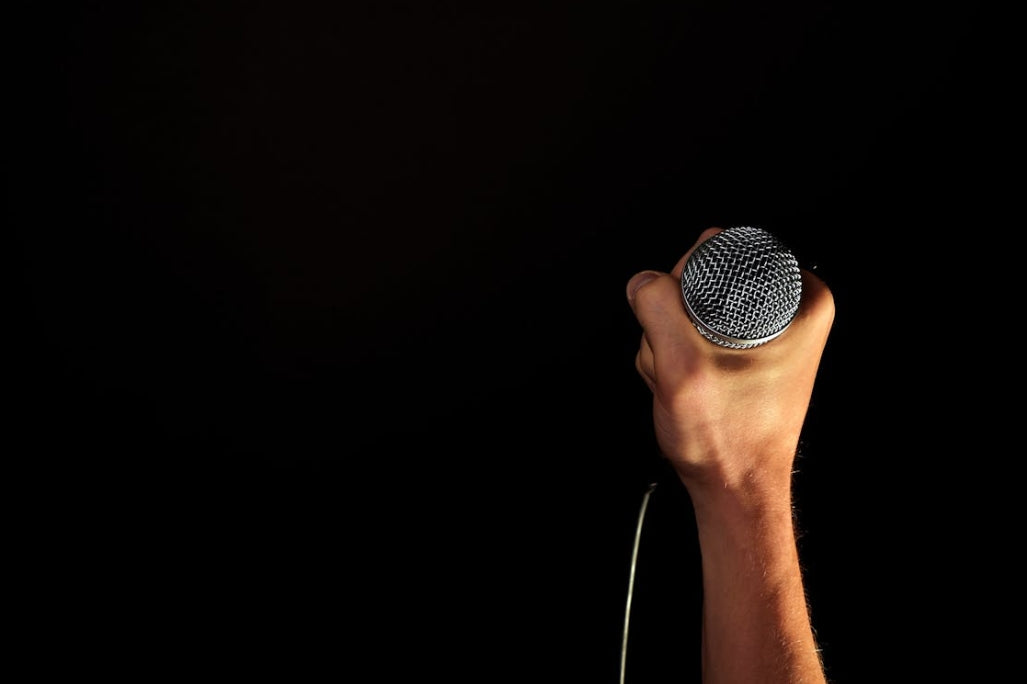No matter if you're a weightlifting enthusiast, a yoga practitioner, or a runner who loves cardio, almost all fitness enthusiasts have pondered these questions:
Should I eat before my morning run?
When should I have lunch if I do Pilates during my lunch break?
Do I skip dinner if I work out after work?
Not eating might lead to low blood sugar during the workout, but eating might make you feel sluggish or even nauseous...
The common saying "30% training, 70% diet" isn't just about "what" you eat, but also "when" you eat.
According to the American Council on Exercise (ACE) integrated fitness training model, eating the right foods at the right times can not only make our workouts more comfortable but also maximize the effectiveness of our training.
Today, I'll provide a comprehensive "energy replenishment guide" covering "why eat before and after exercise," "when to eat," and "what's good to eat."
Those with a workout routine must read on! Even if you're not torn between eating and training, this article can help you understand the key points of replenishing before and after training, making your workouts better.

Should I Eat Before Exercising?
Let's start with before the exercise.
Eating before exercise is mainly to optimize glycogen storage and provide the energy needed during the workout (in layman's terms: how can you train hard on an empty stomach?)
Considering the time it takes for food to be digested and absorbed, there's a mantra for pre-exercise energy replenishment: "2 hours before, 5 minutes at most."
🙆🏻♀️ Have a full meal more than 2 hours before your workout.
🙆🏻♀️ Quickly replenish with a small snack (energy bar, protein shake, banana, etc.) within 5 minutes before starting your workout.
For example, if you plan to work out at 12 PM, have a carb-rich breakfast; if you want to work out after 7 PM, try to have a carb-rich dinner around 5 PM, or have a banana or energy bar when you arrive at the gym and change clothes.
To bring your body to its optimal state for the workout, choose foods that are:
✅ High in carbohydrates to increase blood sugar availability.
✅ Low in fat and fiber to reduce gastrointestinal irritation and promote gastric emptying.
✅ Moderate in protein.
✅ With a total intake of 400 to 800 calories to provide energy without causing too much fullness that slows you down.
Options could include spaghetti with marinara sauce, whole wheat wraps, egg sandwiches, or a McDonald's double cheeseburger without the cheese.
For those with a "Chinese stomach," you might opt for coarse grain buns with oden vegetables, jianbing (Chinese savory crepe) without the crisp, a chicken and quinoa light energy bowl, or a convenience store rice ball.
In summary, have a light meal that's not too heavy on your stomach.
I also want to remind you: if you want to do fasted cardio in the morning, make sure to have dinner the night before!
During the first few days of adapting to fasted cardio, it's also best to eat some carbs before going to bed, such as 1 to 2 slices of whole wheat bread or a few soda crackers.

Do You Need to Eat During Exercise? Generally, Not Necessary
Energy replenishment during the workout is suitable for those engaging in high-intensity workouts that last more than an hour, such as marathon runners or those exercising in extremely hot, cold, or high-altitude areas. They can replenish with 30 to 60 grams of carbs per hour.
For most people, daily activities like aerobics, running, yoga, or weightlifting that last under an hour and are not as intense as those of athletes do not generally require additional food during the workout. Hydration is key.
Best to Re-energize Within 30 Minutes Post-Workout
Eating after a workout is to replenish glycogen stores and promote muscle repair.
It's best to start replenishing energy within 30 minutes after the workout ends and then have a meal containing carbohydrates within two hours.
Many people worry: after working out so hard, won't eating afterward undo all the progress?
Not at all! Numerous studies have shown that timely replenishment after a workout, whether for fat loss or muscle gain, can be more effective than simply "drinking water when thirsty and fanning your mouth when hungry."
In fact, after a workout, when muscle glycogen is depleted, the carbs you consume are more likely to be stored in the muscles rather than being converted into fat, so eating carbs after a workout is less likely to make you gain weight compared to eating at other times.
Moreover, if we are in a state of hunger, the body will start using protein for energy, leading to protein loss, muscle wasting, and a decrease in basal metabolism, which is counterproductive.
So, whether you're in a fat loss or muscle gain phase, it's crucial to replenish energy in a timely manner after training. However, note the difference: during fat loss, consume a bit less carbs, and during muscle gain, you can eat more carbs.
After resistance training like weightlifting, focus on protein to help repair the muscle tissue damaged during the workout. Aim for 0.5 to 0.8 grams of protein per kilogram of body weight and consume high-quality protein foods such as eggs, chicken, beef, and milk. It's best to pair them with carbs like oats or quinoa to enhance protein absorption.
For example, a hotpot meal with beef, a lean beef sandwich, shrimp and egg soba noodles, Hainan chicken rice, or even Japanese grilled meat are great choices.
After high-intensity workouts like HIIT, kickboxing, or running, focus on replenishing carbohydrates and high-quality fats.
Options could include a homemade Greek yogurt bowl, an avocado and nut salad, a cup of soy milk with corn or sweet potato, a slice of whole wheat bread with peanut butter, an egg and avocado sandwich, or a cup of overnight oats with nuts and fruit.
For yoga or Pilates, it's enough to replenish before the workout. If you're not hungry after, there's no need for additional replenishment.
Have you got the hang of energy replenishment before and after workouts? I hope everyone eats well, at the right times, to make workouts more comfortable and efficient!



